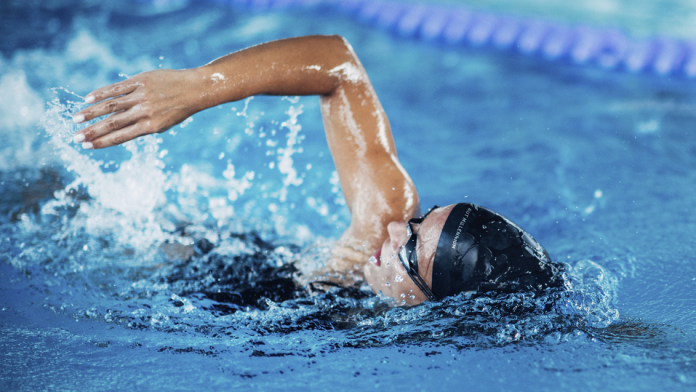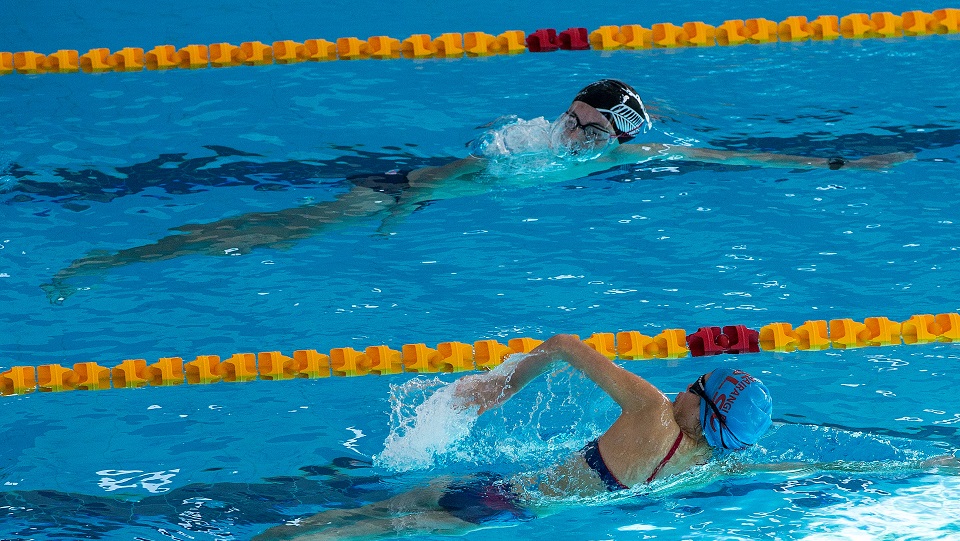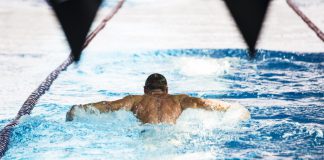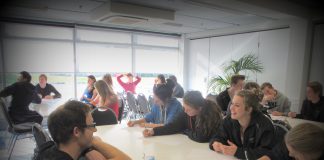Learning to swim is a quintessential part of being a Kiwi.
We are surrounded by water. Enjoying our beaches, lakes and waterways safely means being confident and skilled in the water.
Many people who miss the opportunity to swim as children will experience feelings of stress or embarrassment about learning later in life.
Angad knows first-hand how frustrating it can be to remain a spectator at our beautiful beaches.
Learning to swim in India is not a priority like it is in New Zealand. By the time Angad and his family moved, he had received no swimming instruction and slipped through lessons when his school pool was shut for maintenance.
By the time the pool opened it was winter and any desire to learn was washed away by the rain and cold.
As a consequence of never learning to swim, Angad has spent his summers no deeper than chest depth.
“I really enjoy paddle boarding, but I feel so restricted. I always have to paddle at low tide to make sure that if I fall, I can touch the bottom”
So, at 29 years old Angad decided it was time to take the plunge and learn to swim.
The key driver behind his decision to start swimming lessons was to be able to enjoy the beach with confidence, to dispel fear and foster confidence.
After three weeks of lessons, Angad experienced the thrill of learning to swim, as well as the frustration of mastering basic skills.
“I admit I made excuses over the years to avoid learning. I never made it a priority and I guess I was self-conscious. I didn’t want to turn up at to the pool and be judged”
“I was definitely a bit defensive that first week. Turns out there wasn’t much to be afraid of, it was actually really exciting”
Swimming lessons have done more than just help Angad learn to swim. The classes have helped ignite some motivation at the start of each week.
“I really look forward to Monday’s now. Knowing I have a lesson that day actually makes the start of the week quite exciting”
Though it’s not all plain sailing.
“Week 1 was all go. Everything was new and I was so ready to learn. Week three was just frustrating. I found it really difficult to bring in the arm movement. Everything was so thought-processed and mechanical. I guess I expected to be able to swim a lot sooner”
Learning to swim takes practice and persistence, it is a process that fluctuates between periods of rapid improvement and stagnation.
“Once I stopped comparing myself to the other swimmers I was a lot more relaxed. I stopped feeling this pressure to have to keep up with everyone and I enjoyed it so much more”
“I’m so happy I finally decided to book that first lesson”.






































